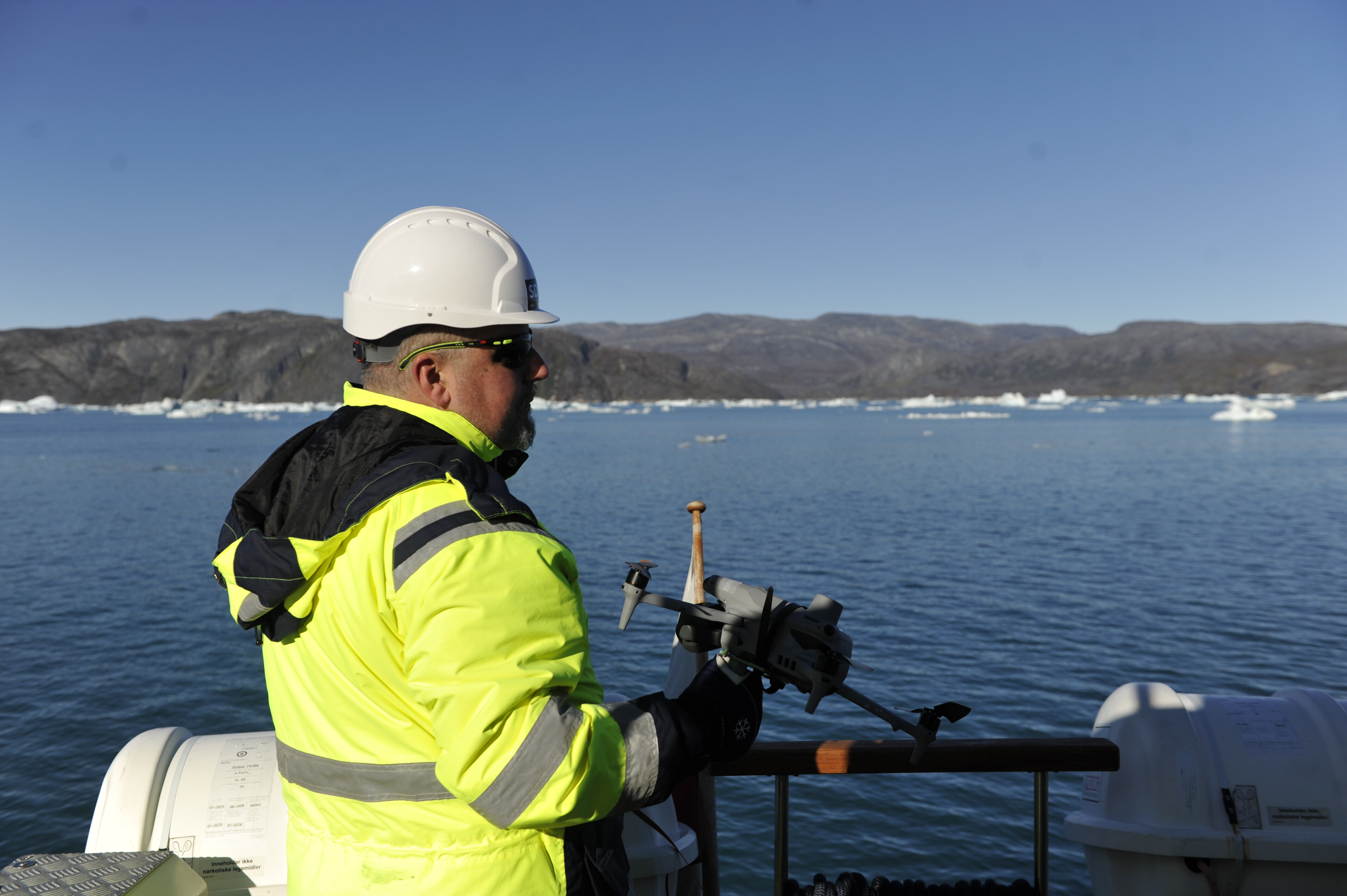Trust in climate science has surged but optimism is in shorter supply, according to a global survey

People in India, Pakistan and Bangladesh trust climate scientists more than any other world region, according to a recent survey. Image: Unsplash/veeterzy
- Respondents from South Asia (India, Pakistan and Bangladesh) trust climate scientists more than any other world region, according to a recent survey.
- When it comes to the environment, consumers hold more confidence in climate science than many existing sustainability efforts from business and government leaders.
- Most people surveyed think it is the responsibility of both the individual and businesses to act on climate change.
People around the world have more trust in climate science than optimism about resolving the climate crisis, a new sustainability study reveals.
The report, The Climate Progress Survey: Business and Consumer Worries and Hopes, found 68% of global respondents trust what scientists say about the environment, either a great deal or a lot. This represents a more than 10 percentage points increase from 2020 levels. The research was a joint survey by the World Economic Forum, SAP and Qualtrics.

The trust factor peaked at 84% in the South Asia region (India, Pakistan and Bangladesh). That's in contrast to 57% in East Asia & the Pacific (China, Indonesia Japan) and 58% in North America (Canada, United States), regions that demonstrated much lower trust levels and have comparatively more people with little or no trust in what climate scientists say.
Not very optimistic
Globally, almost three-quarters of the surveyed population believe climate change is mostly the result of human activity. And 85% of all respondents consider the climate crisis extremely or very important to address.
The consensus disappeared when respondents were asked how optimistic they felt about progress on tackling climate change, however. Here, a mixed global response resulted in only half of all respondents stating they were optimistic about the potential to reduce emissions.

South Asia again harboured the most positive outlook, with more than three-quarters of people in the region expressing optimism on climate change progress. A more pessimistic view was evident in Western Europe, Eastern Europe & Central Asia and North America.
Preparing for change
Researchers surveyed more than 11,600 respondents across 28 countries in eight regions of the world, made up of 70% general consumers and 30% corporate representatives.
The findings show that global trust in scientists isn’t mirrored by similar faith in politicians. Almost three in five respondents thought their government laws and regulations insufficient to protect the environment. Additionally, almost four in five thought policymakers should do more to protect the environment.
Working together to address climate change was important to around four in every five people surveyed, consumers and business respondents alike. A similar number of consumers favoured policies taxing businesses that generate high emissions. However, only around a third thought the environment should be given priority even if it slows down the economy.

Most respondents were not confident in their country's ability to tackle a global crisis such as the climate, though opinions varied by region. South Asia was the only region where more than half of those surveyed expressed confidence in their country’s readiness to tackle climate change, closely followed by neighbouring East Asia & the Pacific. Elsewhere, less support was voiced for policymakers’ readiness to tackle crises, with Eastern Europe & Central Asia as low as 11%.
But tackling climate change is not viewed as the responsibility of policymakers alone. In each region, more than half of those surveyed feel extremely or very responsible for taking action to address climate change as individuals.

A much higher percentage – mostly between 80-90% – of both consumer and corporate respondents think businesses should play a key role.
Among the business priorities highlighted by the study is the need for companies to educate staff to address climate change. This echoes the World Economic Forum’s drive to reskill and upskill the global population for future jobs. The Reskilling Revolution Platform initiative aims to provide better jobs, education and skills for 1 billion people by 2030.
Don't miss any update on this topic
Create a free account and access your personalized content collection with our latest publications and analyses.
License and Republishing
World Economic Forum articles may be republished in accordance with the Creative Commons Attribution-NonCommercial-NoDerivatives 4.0 International Public License, and in accordance with our Terms of Use.
The views expressed in this article are those of the author alone and not the World Economic Forum.
Stay up to date:
Climate Indicators
Forum Stories newsletter
Bringing you weekly curated insights and analysis on the global issues that matter.
More on Climate Action and Waste Reduction See all
Noelia Garcia Nebra
November 18, 2025







